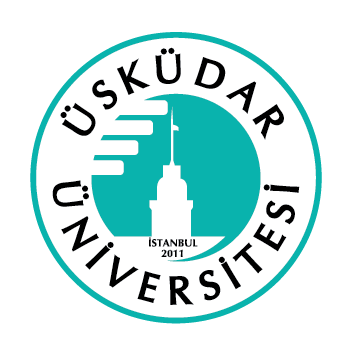Makale
Makale
Güçlendirme (Karakter, Motivasyon ve Düzenleme Biçimi), Pozitif Duygu ve Psikolojik Sağlamlık
Empowerment (Character, Motivation and Regulatory Mode), Positive Affect and Resilience
Danilo Garcia,Trevor Archer
Yıl 2016, Sayı 8, Sayfalar:212-225
Abstract
Positive affectivity plays an important role in the endowment of resilience, which in turn is an important factor for individuals’ adaptation to adversities in the changing environment. Based on hope theory and the Science of WellBeing we investigate a ternary model (character, motivation, and regulatory mode) for individual empowerment that promotes positive affectivity. A total of 1,876 participants, four separate samples, responded to the Positive Affect and Negative Affect Schedule (Study I-IV), the Temperament and Character Inventory (Study I), the modified Situational Motivation Scale (Study II), the Regulatory Mode Questionnaire (Study III), and the modified Connor-Davidson Resilience Scale (Study IV). We investigated, separately, each empowerment component’s relationship to positive affect (Study I-III) and the positive affect-resilience relationship (Study IV). Four regression analyses showed that character (β = .28; Study I), intrinsic motivation (β = .35; Study II) and locomotion (β = .53; Study III) predicted positive affect, which in turn, predicted resilience (β = .53; Study IV). The ternary structure of empowerment (character, intrinsic motivation, and locomotion) does indeed predict positive affect thereby endowering individuals with a strength that emerges as resilience. However, the Ternary Empowerment Model suggested here needs to be further developed and studied in order to ensure that it actually is ternary in nature.
Keywords: Cooperativeness, Empowerment, Intrinsic Motivation, Locomotion, Positive Affect, Regulatory Mode, Resilience, Self-Directedness
Özet
Olumlu duygulanım psikolojik sağlamlığın gelişiminde önemli bir rol oynar, psikolojik sağlamlık da bireylerin değişen dönemlerinde zorluklara uyumunu etkileyen önemli bir faktördür. Bu çalışmada umut kuramına ve iyi oluş bilimine dayanarak üçlü bir modele göre (karakter, motivasyon ve düzenleme biçimi) olumlu duygulanımı etkileyen etkenler ve buna bağlı olarak bireyin güçlenmesi incelenmiştir. Dört ayrı örneklem grubundan oluşan toplam 1876 katılımcıya Pozitif-Negatif Duygu Ölçeği (Çalışma I-IV), Mizaç ve Karakter Enventari (Çalışma I), Durumsal Motivasyon Ölçeği (R) (Çalışma II), Düzenleme Biçimi Ölçeği (Çalışma III), ve Connor-Davidson Psikolojik Sağlamlık Ölçeğini (Çalışma IV) uygulanmıştır. Her güçlendirme bileşeninin positive duygulanım (Çalışma I-III), ve positive duygulanım- psikolojik sağlamlık ilişkisi (Çalışma IV) ile olan ilişkisi ayrı ayrı incelenmiştir. Regresyon analizi sonuçları karakter (β = .28; Çalışma I), içsel motivasyon (β = .35; Çalışma II), ve hareketin (β = .53; Çalışma III) olumlu duygulanımı ve bunun da psikolojik sağlamlığı (β = .53; ÇalışmaIV) etkilediğini göstermiştir. Güçlendirmenin üçlü yapısı (karakter, içsel motivasyon, ve hareket) pozitif duygulanımı etkilemekte ve bunun sonucunda bireyleri psikolojik sağlamlık açısından güçlendirmektedir. Ancak, burada bahsedilen üçlü güçlendirme modelinin gerçekten üçlü bir yapıya sahip olup olmadığının anlaşılması için yeni çalışmalara ihtiyaç vardır.
Anahtar Kelimeler: İşbirliği, Güçlendirme, İçsel Motivasyon, Hareket, Olumlu Duygulanım, Düzenleme Biçimi, Psikolojik Sağlamlık, Kendini Yönlendirme

